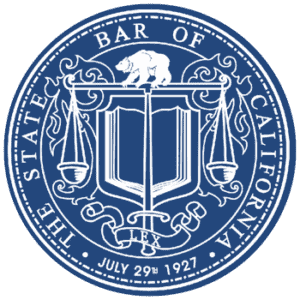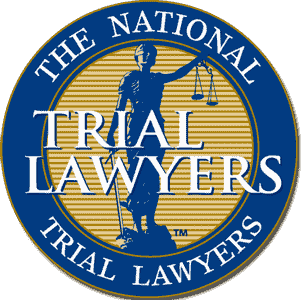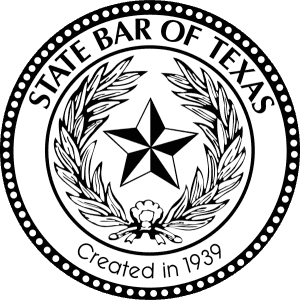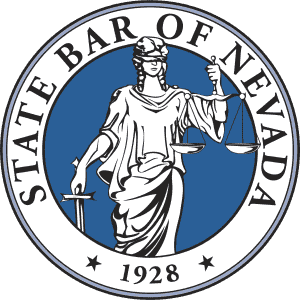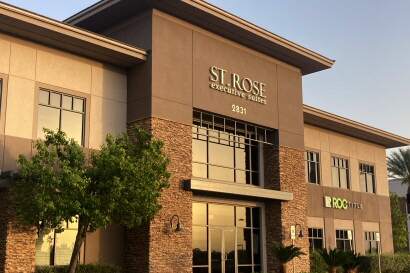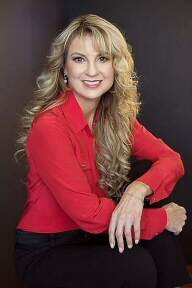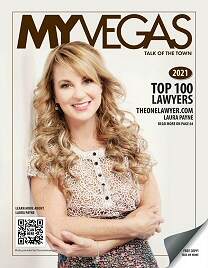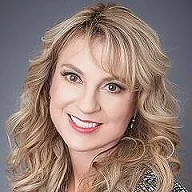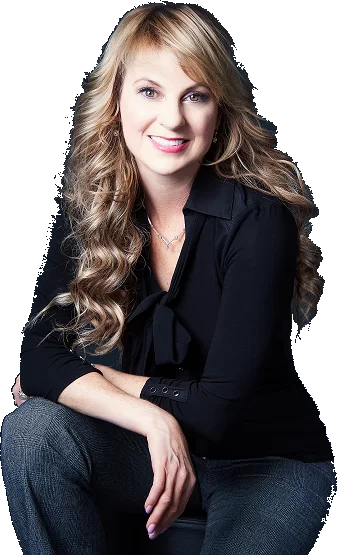BUSINESS OWNERS- WHAT YOU NEED TO KNOW ABOUT INSURANCE
Estimated Reading Time: 10.3minutes
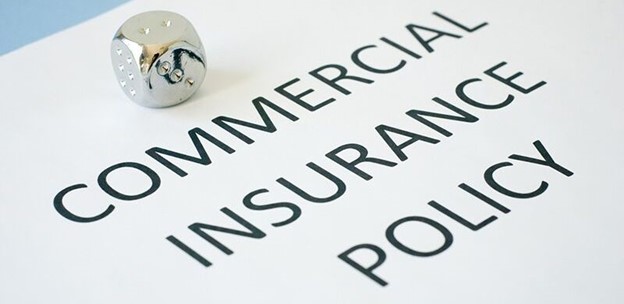
FIVE FACTS BUSNIESS OWNERS NEED TO KNOW ABOUT BUSINESS INSURANCE
- Your Homeowners insurance will not cover a home based business without being added onto the policy;
- There are several types of business insurance to consider;
- It is important to know what your risks are when buying insurance;
- Business insurance is not one size fits all;
- Talk to an agent when buying your business insurance and email to confirm your understanding of the coverages you are buying and save the email!!!
Businesses encounter various risks every day. Business insurance can protect your business from risks such as lawsuits, property damage, theft, vandalism, loss of income, employee injuries, and guest accidents. To protect against these various losses, a business owner can purchase different kinds of insurance including Commercial liability, Commercial property, Commercial auto and Workers’ compensation insurance. These coverages are included in various business policies. Most business’ have insurance to protect against potential claims against them.
Typical business polices include property and casualty, commercial general liability insurance (“CGL”), workers’ compensation, professional liability aka error and omissions policies (“E&O”) and commercial automobile insurance. More specialized insurance available includes employment practices liability insurance (“EPLI”) and insurance against patent and trademark infringement. These policies are intended to apply to either basic, known business risks (such as loss of a commercial building or liability from a car accident) or are tailored to specific risks (such as EPLI). The following is a basic outline of the various types of business insurance that every business owner should understand before opening their doors.
A Business Owner’s Policy (BOP) Is the Most common General Policy
A BOP policy combine’s business property and business liability insurance into one business insurance policy. BOP insurance covers things like fire, theft, bodily injury or property damage. They can also cover data breach and other specialized coverages. Customizing your BOP Insurance is an imperative first step when insuring your business and one you should consult an attorney regarding prior to purchase. At the Law Offices of Laura Payne-Hunt, TheOneLawyer, we provide professional and personal service to assist you in reviewing your business coverage.
Specialty General Liability Insurance (SGL)
Specialty general liability insurance (SGL) protects businesses that are subject to higher-hazard liabilities, such as: Manufacturers, Wholesaler-Distributors, and Importers. These policies protect against catastrophic exposures. Without the proper coverage, a business with high hazard exposures could be destroyed by a lawsuit for a defective product or injury from the product
Workers’ Compensation Insurance
Workers’ compensation insurance, also known as workman’s comp or workers’ comp, gives employees benefits for work-related injury or illness. These benefits cover their medical care, replace most of their lost wages if they take time to recover, provide disability benefits and pay for their funeral if they lose their life tragically
Employment Practices Liability Insurance (EPLI)
The is liability insurance that covers wrongful acts arising from the employment process including interviewing, work related and termination. The most common claims covered under type of policy are wrongful termination, discrimination, sexual harassment, and retaliation. EPLI policies generally require that covered “wrongful acts” be directed against employees or applicants for employment by the company insured. In fact, coverage for third-party employment practices liability claims is precluded under most commercial general liability (CGL) policies and hence, EPLI is needed. Companies engaged in customer-intensive businesses, such as retail stores, airlines, or car rental companies, are most susceptible to third-party liability claims which often involve customer complaints of harassment or discrimination. Third-party liability coverage is often available by endorsement for additional premium and should be considered by businesses that are subject to such exposures such as the rogue employee refusing to serve customers based on race or religion.
Home-based businesses.
Many entrepreneurs begin their small businesses in their own homes. It is important to know that homeowner’s policies don’t cover home-based businesses in the way commercial property insurance does. If are starting or operating a business out of your home, ask your insurance agent for additional insurance to cover your equipment and inventory in the event of a loss.
https://www.entrepreneur.com/article/241026
Commercial General Liability Insurance Polices (“CGL”),
Most CGL policies have two types of coverage: Part A and Part B. Part A provides insurance against two types of injuries: “bodily injury” and “property damage,” but only if arising from an “accident” or “occurrence.” CGL policies protect against claims arising from accidental or fortuitous events called “occurrences.” The term “bodily injury,” as defined in an insurance policy, includes physical injury to the body. Coverage does not always apply to non-physical emotional or mental harm caused by an employee of the insured. A CGL policy covers physical damage caused to the property of third parties by the insured as well.
Coverage Part A only includes actions involving “accidents” or “occurrences,” business torts based on a negligence theory are potentially coverable. However, business torts arising from intentional acts are typically not covered. In these situation coverage may exist for negligent misrepresentation, negligently performed faulty workmanship, employment actions sounding in negligence (negligent hiring, negligent retention, negligent supervision) and other negligence causes of action (failure to warn, unsafe premises and negligent procedure).
Different from Coverage Part A, Coverage Part B does not depend on the existence of an “accident” or “occurrence,” so it may cover damages arising from intentional conduct not otherwise excluded. While the insuring clause of Coverage Part A is expressed in general terms, Coverage Part B covers only specific listed acts committed by the insured. Some examples of such enumerated acts may include false imprisonment, malicious prosecution, wrongful eviction, defamation, invasion of the right to privacy and copyright and trademark infringement.
It is also possible that there may be Coverage under Part B for liability arising from the insured’s “advertising activity.” “Advertising activity” has been found in cases of TV, radio, newspaper and magazine advertising. But not all marketing activities constitute “advertising.” There must be a causal connection between the advertising activity and the injury. The sale of an infringing product by itself is not sufficient to satisfy the causal connection requirement. The infringement must be committed in the advertisement on its face, and not just in the sale of a product, in order to be covered.
Every business owner should review their insurance coverage’s with a broker or an attorney to determine whether they have sufficient coverage not only for the typical risks that the company may face, but also for the unexpected, claims for business torts that sometimes happen.
WHAT DO THESE COVERAGES MEAN
Many attorneys and clients think of every tort claim as personal injury action. But for purposes of insurance coverage, many tort actions arising from an automobile collision, a slip-and-fall, a product liability claim or a defective construction suit are matters of bodily injury and fall under Coverage A of the standard commercial general liability (CGL) policy purchased by most businesses. Most of the litigation concerns Coverage for bodily injury. Coverage under Part B usually pertains to personal and advertising injury liability and is often overlooked when seeking coverage under a business policy.
Although obtaining insurance under Coverage B requires more diligence by a policyholder or counsel for defendants seeking coverage, it can provide important protection, including a defense against a plaintiff’s claim. If one claim in a complaint is possibly covered, the CGL insurer must defend the entire case. It was this aspect of insurance law that enabled Los Angeles Lakers owner Dr. Jerry Buss to obtain an entire defense of what was largely a business/contract dispute (26 of the claims in the complaint); something ordinarily not covered under a standard form CGL policy. But a 27th claim for defamation implicated the personal injury provisions of the policy, and Buss received a complete defense to the suit (which eventually settled) that involved more than $1 million in counsel fees. The insurer sought reimbursement for the defense costs that did not involve the defamation claim. In Buss v. Superior Court, 939 P.2d 766 (Cal. 1997), the California Supreme Court stated that insurers had this right, provided they could adequately differentiate what was spent defending the respective claims, a position dividing the jurisdictions and rejected by the Supreme Courts of Illinois and Pennsylvania.1 Even if Nevada should eventually follow the Buss approach,2 a policyholder can benefit in this type of situation by at least obtaining an insurer-provided defense and delay its ultimate payment of some portion of counsel fees.
In practicality, it would be difficult to correctly separate attorney’s fees spent on a covered claim versus one that is not covered. Under the California approach, the insurer defending the claim is forced to pay for the entire defense. Thus, a defendant faced with a lawsuit that looks like a commercial dispute without bodily injury or tangible, physical property damage and therefore what looks like no CGL policy should look for an allegation such as trespassing, defamation or misleading advertising claims that could trigger Coverage B. The policy states that the CGL insurer will pay “those sums that the insured becomes legally obligated to pay” as damages, because of “personal and advertising injury.”
A fairly accurate summary is that Coverage B applies where a policyholder is accused of negligently or recklessly disparaging a claimant or defaming a plaintiff (defamation that is not within an exclusion) or misleading advertising (such as causing consumer confusion, or hurting a competitor) that does not involve copyright or patent infringement. The Nevada Supreme Court law on Coverage B is limited. I only know one insurance coverage case regarding “advertising injury,” and that is dicta. A hand full of District of Nevada federal court opinions mention the term. The substantive local precedent that exists has tended to support insurer efforts to limit coverage and is adverse to Plaintiffs. Mention of personal injury in case law is much more extensive, but in these decisions, the court is almost always referring to bodily injury rather than the insurance policy concept of personal injury coverage. When instituting litigation, under a business policy, counsel should always review all the defendant’s liability insurance policies and consider coverage under the obscure concepts of personal injury to ascertain if there is a loss that will be covered for their client.
At the Law Offices of Laura Payne-Hunt, TheOneLawyer, we provide professional and personal service to each and every one of our clients on various legal matters and have over 15 years of experience in reviewing insurance policies. If you have a question regarding any type of personal injury or paying your medical bills from an accident, please don’t hesitate to call the offices of TheOneLawyer.com and speak directly to attorney Laura Marie Payne-Hunt, Esq. a Henderson Injury Attorney for over 15 years. Laura is recognized as one of Nevada’s Top 100 Lawyers. She has the experience and knowledge to obtain the maximum settlement you deserve. Please call our office if you or a loved one is injured. We can make sure that you receive the care you need and deserve and advise on how to preserve evidence.
At our office, we are experienced in helping injured victims get the compensation they are entitled to. Insurance companies never have the best interest of the injured person at the top of their priorities. They want to pay as little on every claim as possible. Having worked for an insurance company as an attorney for 9 years before opening my boutique law firm specializing in helping injured people, I have reviewed thousands of auto accident claims and policy provisions.
At the Henderson and Las Vegas Accident injury law offices of TheOneLaweyer.com, Laura Marie Payne-Hunt and her staff are here to help you and your family in the event that accidents and tragedies occur. For any of your legal needs, do not hesitate to contact our Henderson and Las Vegas Accident injury offices. TheOneLawyer.com is a boutique, family owned law firm that specializes in helping injured people and the community of Las Vegas and Henderson Nevada with legal issues involving auto accidents, wrongful deaths, slip and falls, truck accidents, injuries to children, bicycle accidents, dog bites, product liability claims, and all types of injury claims. Please do not hesitate to call us anytime you have a legal question or you or a loved one has sustained an injury at 702-450-(HUNT) 4868 and text 24/7 at 702-600-0032.


